Signs of Sexual Abuse in Children and Adolescents
Kids often won't talk because of shame, so caregivers must be alert
en EspañolLauren Book, founder and CEO of the Lauren’s Kids Foundation, describes key physical and behavioral signs that might suggest a child or adolescent is being sexually abused. Knowing the signs is incredibly important as children are often ashamed and find it difficult to talk about abuse — and because getting professional help immediately is a top priority.
Here is what Lauren has to say:
There are many signs that a child may be the victim of childhood sexual abuse, and it depends on the age of that child. So in younger children, you’re looking for a failure to thrive. In infants, blood in diapers or unexplained bruises are oftentimes a sign that something may not be right, and as a parent or guardian that’s something that you need to look into.
For toddlers and older children, unexplained bruises are again a sign. Interactions with adults: If they at one point in time had no problem going with the coach or Aunt Nancy, but now they’re all of a sudden very nervous to do those things, that may be a sign that something’s not quite right. Also a lot of those regressive behaviors: If you had a child who was completely potty trained and is now wetting the bed, or having nightmares or sucking her thumb and that was not an issue before — those are all signs and symptoms that you as an adult may need to check in and see what’s going on with your child.
For adolescents, look out for unexplained gifts, money, interactions online. If children startle very easily when you come up from behind them, if they are having trouble walking, or physical pain, those are signs that something may be up and you should look into it as a grownup who is a care provider for that child.
Was this article helpful?
Related Reading
-
 10 Ways to Teach Children to Speak Up About Sexual Abuse
Straight talk about body parts and a no-secrets policy can empower kids to get help…
10 Ways to Teach Children to Speak Up About Sexual Abuse
Straight talk about body parts and a no-secrets policy can empower kids to get help…
-
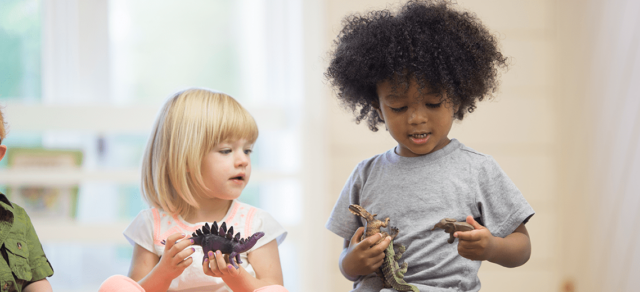 Teaching Kids About Boundaries
Why empathy and self-awareness play a major role
Teaching Kids About Boundaries
Why empathy and self-awareness play a major role
-
 How to Talk to Kids About Sex and Consent
When it comes to sex, setting boundaries and respecting them are both important
How to Talk to Kids About Sex and Consent
When it comes to sex, setting boundaries and respecting them are both important
-
 Complete Guide to Substance Use + Mental Health
When children are struggling with both a substance use disorder and a mental health disorder,…
Complete Guide to Substance Use + Mental Health
When children are struggling with both a substance use disorder and a mental health disorder,…
-
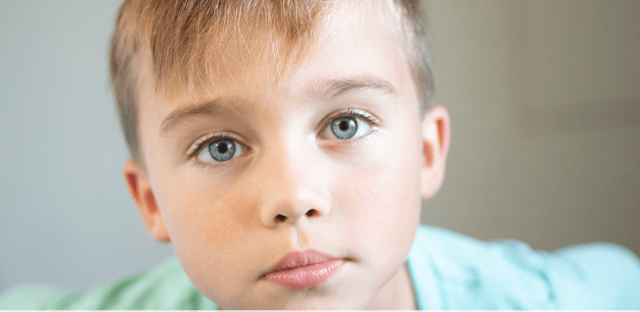 Do ADHD Meds Lead to Addiction?
Research shows no link to higher, or lower, risk of substance abuse
Do ADHD Meds Lead to Addiction?
Research shows no link to higher, or lower, risk of substance abuse
-
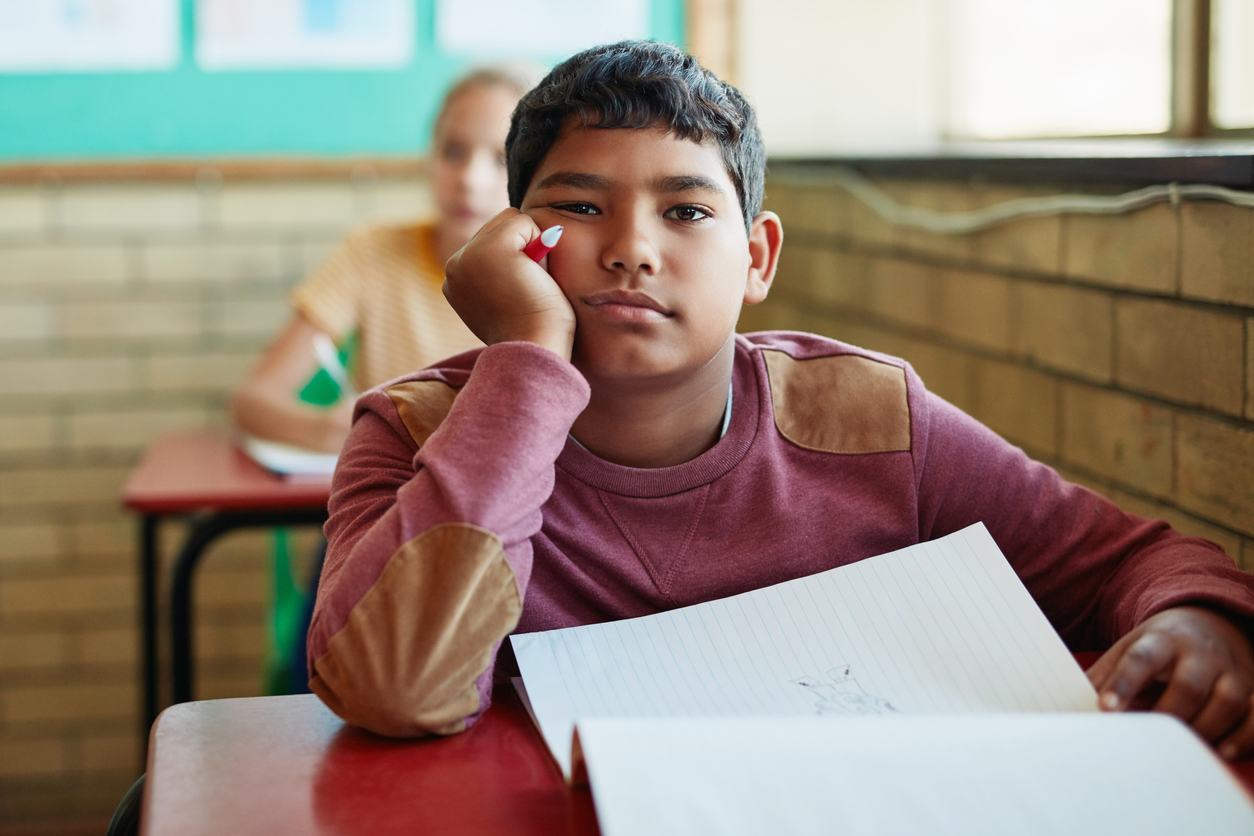 Is It ADHD or Trauma?
Why the symptoms are often confused, and how to avoid a misdiagnosis
Is It ADHD or Trauma?
Why the symptoms are often confused, and how to avoid a misdiagnosis
-
 Sexual Obsessions and OCD
Explaining an often misunderstood symptom of OCD
Sexual Obsessions and OCD
Explaining an often misunderstood symptom of OCD
-
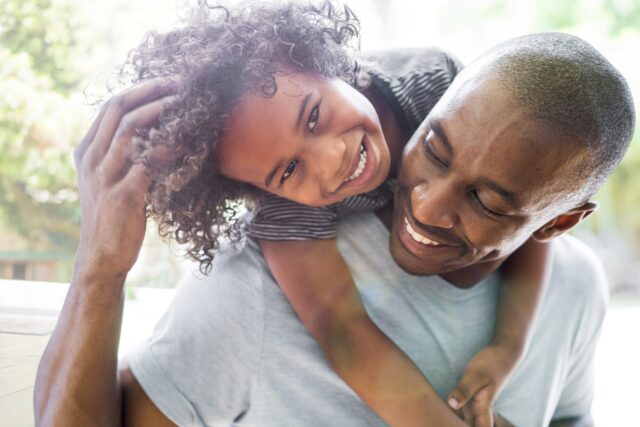 Complete Guide to Managing Behavior Problems
When children struggle with their behavior, it can have a negative impact on everyone in…
Complete Guide to Managing Behavior Problems
When children struggle with their behavior, it can have a negative impact on everyone in…
-
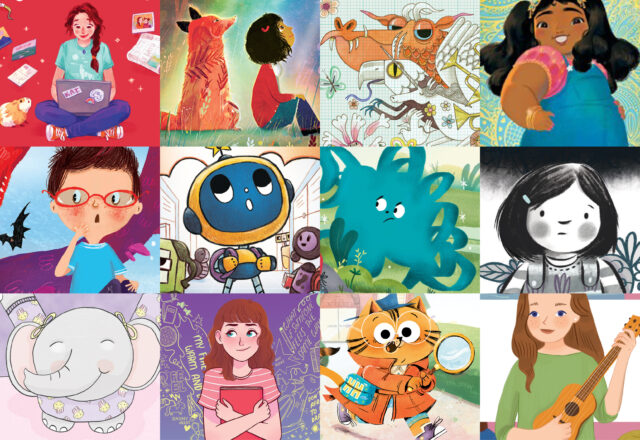 77 Children’s Books About Mental Health
Best books for helping kids understand emotional and learning challenges
77 Children’s Books About Mental Health
Best books for helping kids understand emotional and learning challenges
-
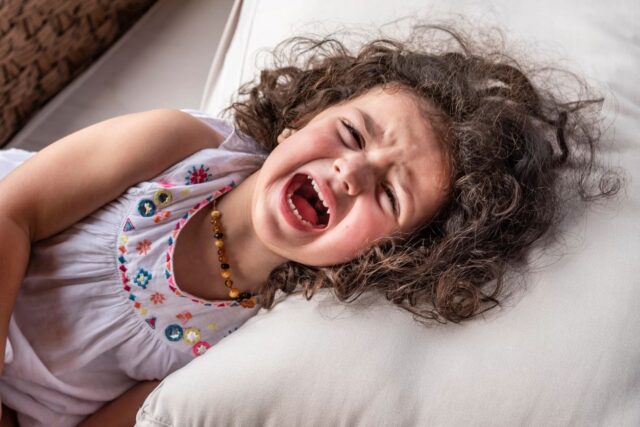 Quick Guide to Reactive Attachment Disorder
Children with reactive attachment disorder (RAD) are not able to form the important bond that…
Quick Guide to Reactive Attachment Disorder
Children with reactive attachment disorder (RAD) are not able to form the important bond that…
-
 Helping Children Cope After a Traumatic Event
Tips for supporting children with trauma
Helping Children Cope After a Traumatic Event
Tips for supporting children with trauma
